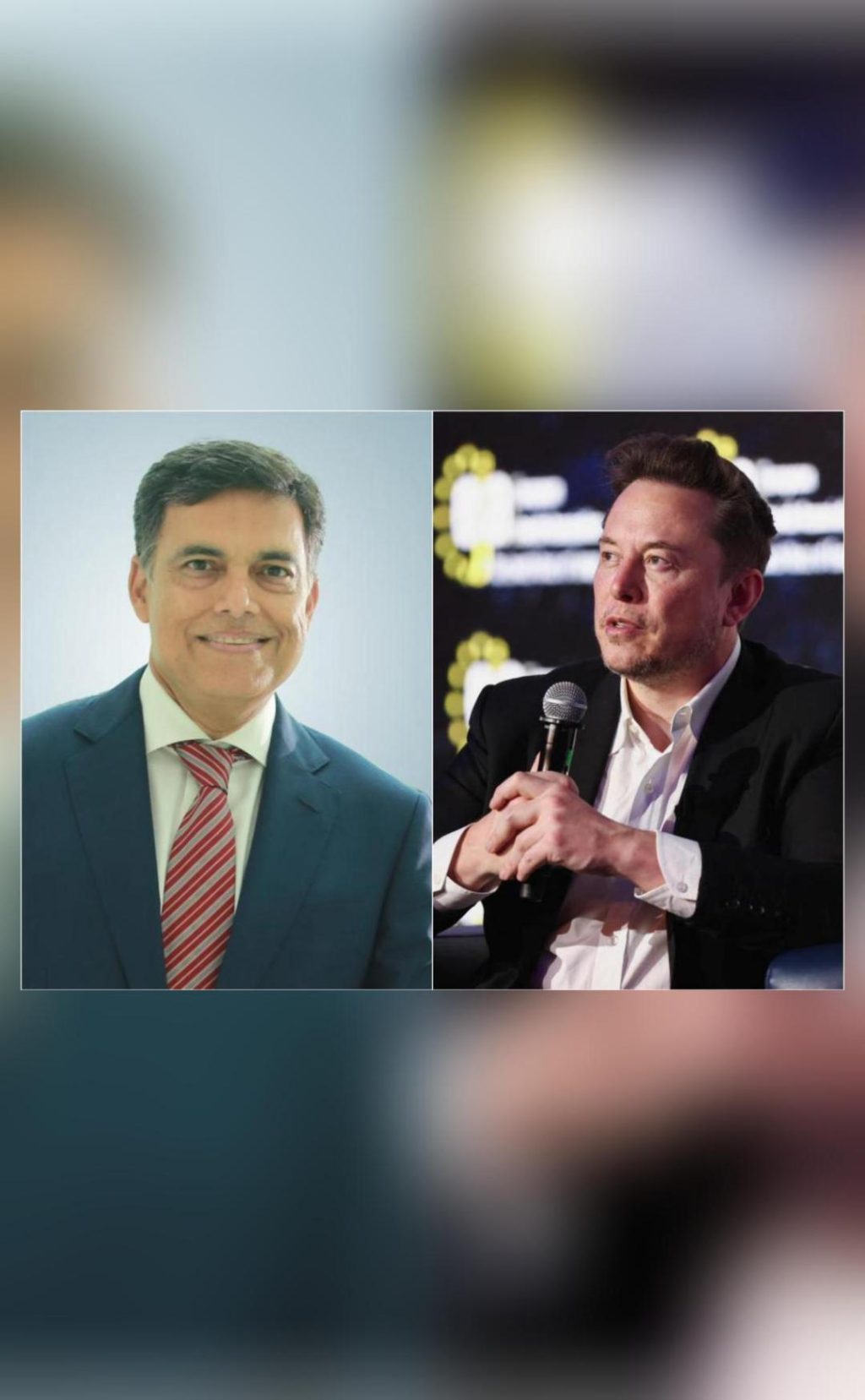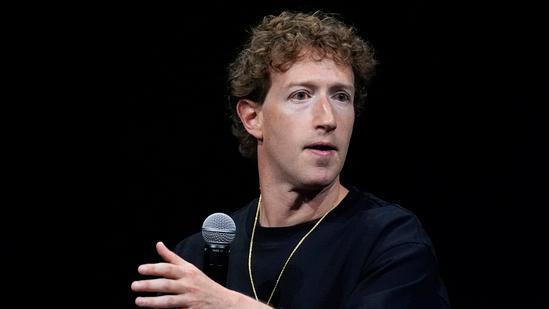
Title: Musk can’t be successful in India because we’re here: JSW’s Jindal
The electric vehicle (EV) market in India is expected to witness a significant surge in the coming years, with the government announcing plans to invest heavily in the sector. With the entry of global giants like Tesla, the competition has intensified, and it seems like the perfect opportunity for foreign players to make a mark in the Indian market. However, Sajjan Jindal, the Chairman of JSW Group, has a different opinion. He believes that Elon Musk’s Tesla cannot be successful in India, and the reason is quite simple – the company is not here.
In a recent interview, Jindal stated, “Musk is very smart, but he can’t be successful in India. Musk isn’t here. He’s in the US. We Indians are here. He cannot produce what Mahindra and Tata can do.” Jindal’s statement may seem surprising, especially considering that Tesla has finalized a deal to open its first showroom in India. However, the billionaire businessman has a point. While Tesla has made significant inroads in the global EV market, it still has a long way to go in terms of understanding the Indian market and its unique challenges.
One of the primary challenges that foreign companies face in the Indian market is the need to adapt to local conditions. The Indian market is vastly different from the US market, and companies need to be willing to make significant changes to their product and business strategies to succeed. Tesla, for instance, needs to tweak its products to suit Indian road conditions, which are vastly different from those in the US. Additionally, the company needs to invest significant time and resources in understanding the Indian consumer, who has different preferences and purchasing habits than their American counterparts.
Another challenge that foreign companies face in India is the need to comply with local regulations. The Indian government has implemented a number of policies aimed at promoting the growth of the EV industry, including incentives for companies that manufacture EVs locally. While these policies are intended to encourage foreign investment, they also present significant challenges for companies that are not familiar with the Indian regulatory landscape.
Despite these challenges, Jindal believes that Indian companies like Tata and Mahindra are better equipped to succeed in the Indian EV market. Both companies have a deep understanding of the Indian market and have been investing heavily in the EV sector for years. Tata, for instance, has launched a range of EVs in the Indian market, including the Tigor and the Nexon. Mahindra, on the other hand, has been a pioneer in the EV space in India and has launched a range of electric vehicles, including the e2o and the e-Verito.
Jindal’s statement may be seen as a jab at Tesla, but it is also a reflection of the growing confidence of Indian companies in the EV sector. Indian companies have been investing heavily in the EV sector in recent years, and they are well-positioned to take advantage of the government’s plans to promote the growth of the industry.
In conclusion, while Tesla’s entry into the Indian market is significant, it is not necessarily a guarantee of success. The company will need to invest significant time and resources in understanding the Indian market and adapting its products to suit local conditions. Indian companies like Tata and Mahindra, on the other hand, have a deep understanding of the Indian market and are better equipped to succeed in the EV sector.






